
Patios, Walkways & Driveways
We unite suppliers and green industry professionals worldwide
Daikon Radish (Raphanus sativus var. longipinnatus), often popular with its mild taste and large, white root, is popular amongst Asian cuisines, particularly Japanese.
By Victor Miller
|Published on September 05, 2025


Daikon Radish (Raphanus sativus var. longipinnatus), often popular with its mild taste and large, white root, is popular amongst Asian cuisines, particularly Japanese. Out of the various types of Daikon, the April Cross is the superior one because it has a wonderful growth property and it can reach a wide array of climates.
The Daikon Radish April Cross is a popular choice with both home gardeners and commercial farmers due to its amazing taste, excellent versatility, and great simplicity of planting. It is one of the most preferred crops by gardeners and farmers because of its high yield, good quality root, and ease of cultivation.
| Scientific Name | Raphanus sativus var. longipinnatus |
| Common Name | Daikon Radish, April Cross |
| Family | Brassicaceae |
| Genus | Raphanus |
| Variety | April Cross |
| Origin | Daikon was originally grown in East Asia, especially in Japan. It is, however, cultivated in temperate and tropical areas all over the globe. |

September 18, 2025
10 minute read
September 17, 2025
9 minute read
September 17, 2025
20 minute read
September 17, 2025
20 minute read


Join as a seller and connect with thousands of B2B buyers nationwide!
Sign Up

Cabbage Napa
Also known as the Chinese cabbage, Cabbage Napa is a long leafy vegetable which is also tender and trending centuries back to Asian cooking. These pale green leaves and crisp white stalks provide a mild, delicate sweetness that is delicious both in its ra
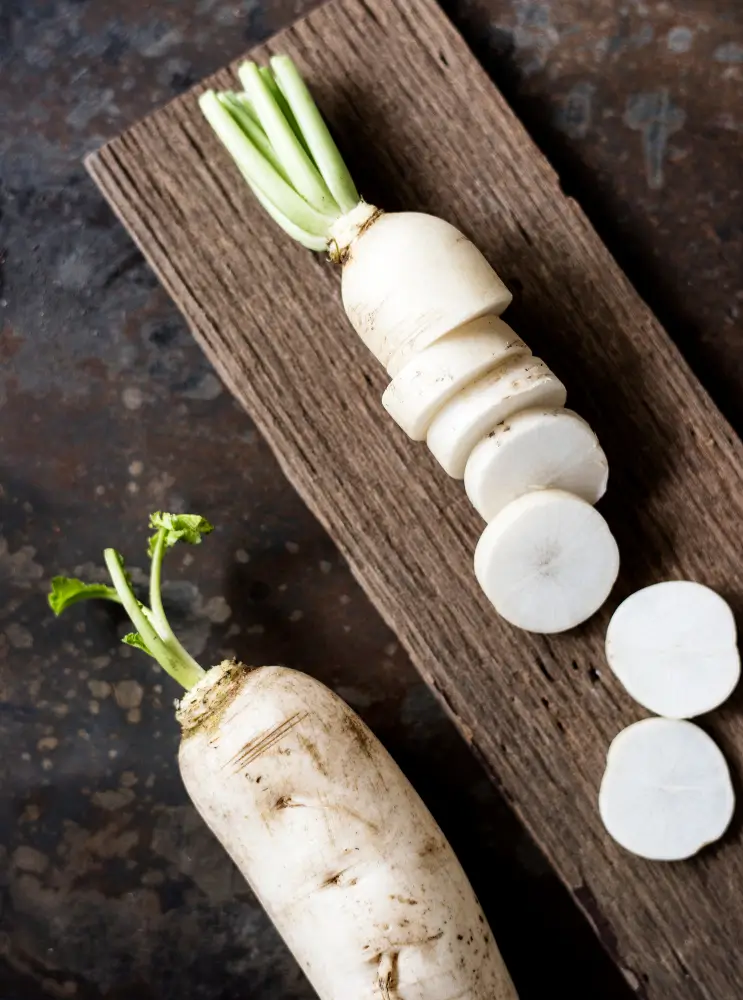
Daikon Radish
Daikon radish is a large white root vegetable used in a lot of Asian dishes. It has a subtle flavor; it is somewhat sweet and slightly peppery. This is one of the veggies that tastes sweet and crispy, juicy, and refreshing raw or cooked.

Dandelion Mammoth
The Dandelion Mammoth is the larger and stronger version of the common dandelion. It is liked by gardeners, herbalists, and farmers. The plant is loved by people because of its size and useful qualities. It is a perennial herb that would do well in most c

Dandelion
The dandelion, this cheerful yellow-flowered common wild plant, adorns hundreds of landscapes. It grows in lawns, fields, meadows, and even cracks of sidewalks; for it is extremely adaptable towards where it can grow.
The Daikon Radish April Cross has multiple characteristics unusual for other plants, which make it a favorite subject of growers:
Daikon Radish April Cross has various uses in its application both in culinary and medicinal fields:
In order to cultivate the Daikon Radish April Cross, some environmental conditions have to be satisfied:
The April Cross Daikon Radish seeds are small, round and normally dark brown or black. These features are more closely examined here:
April Cross Daikon radish seed requires special conditions to germinate successfully:
Daikon seeds have a high viability, and even when stored and handled properly, they can keep high germination rates:
Vigor: The vigor of a seed may be determined by planting a few samples in a controlled location and making sure that no less than 85% of the seeds germinate in 7 to 10 days.
Daikon Radish April Cross may be grown either by direct sowing or by transplantation:
Daikon Radish April Cross is fairly pest and disease resistant, though a few popular threats exist:
Prevention: Pest and disease pressure can be minimized through regular inspection with adequate spacing and healthy soils.
After harvesting the Daikon Radish April Cross, it must be given the appropriate storage in order to retain its freshness and quality.
April Cross Daikon Radish is a strong and adaptable plant which makes it the right choice for a gardener who aims to grow a vegetable that is nutritious and simple to cultivate. It tastes mild, is large in size and can grow in most types of soil. This makes it a good garden plant for home gardeners, as well as professional farmers.
Daikon radishes typically take about 60–70 days to mature, depending on growing conditions.
Yes, Daikon radishes can be grown in large sized containers but they need sufficient root development depth.
Aphids, flea beetles and root maggots are normal varieties of pests. A regular inspection and pest control technique must be used.

Patios, Walkways & Driveways
Victor Miller
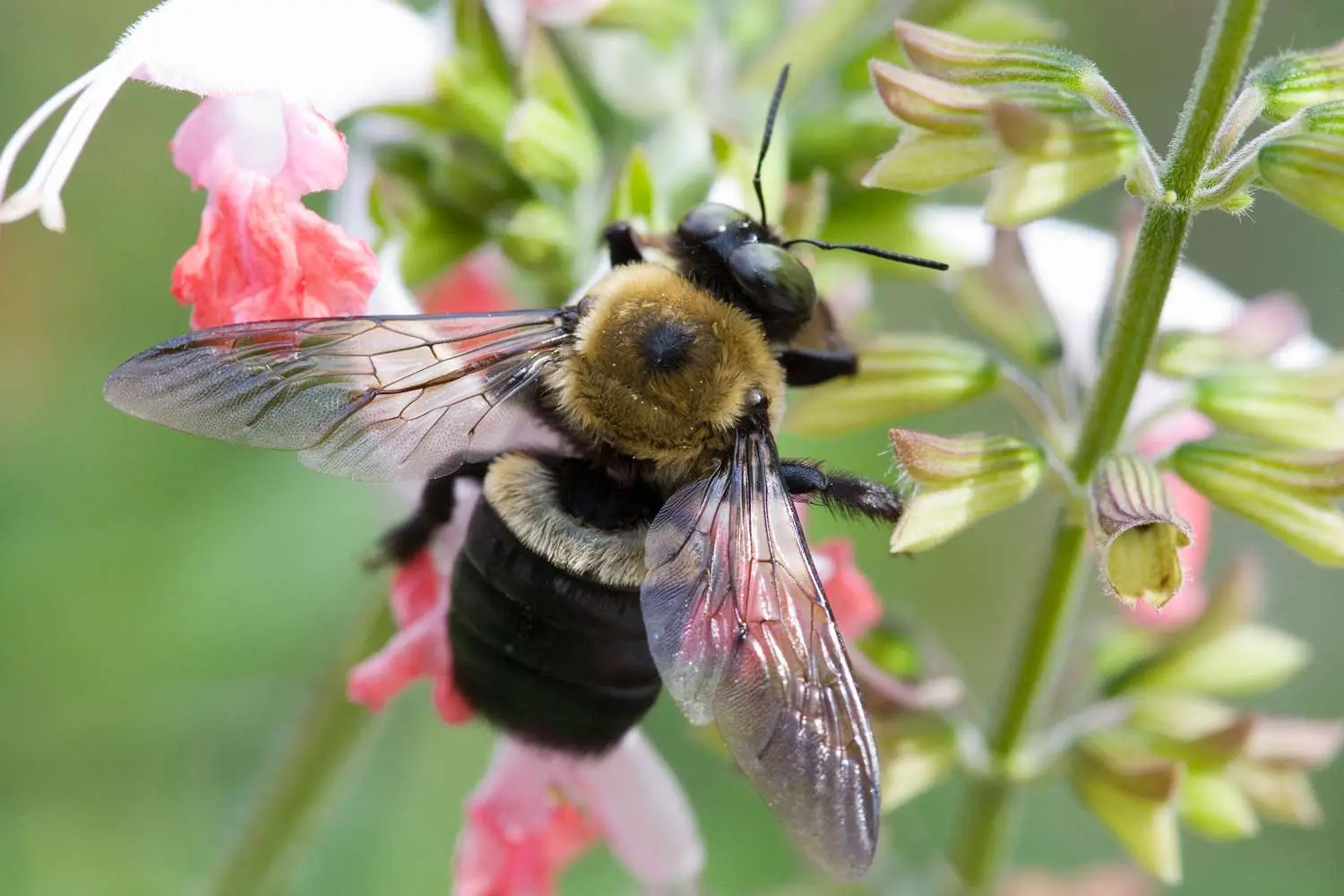
Pest Identification & Prevention
Victor Miller
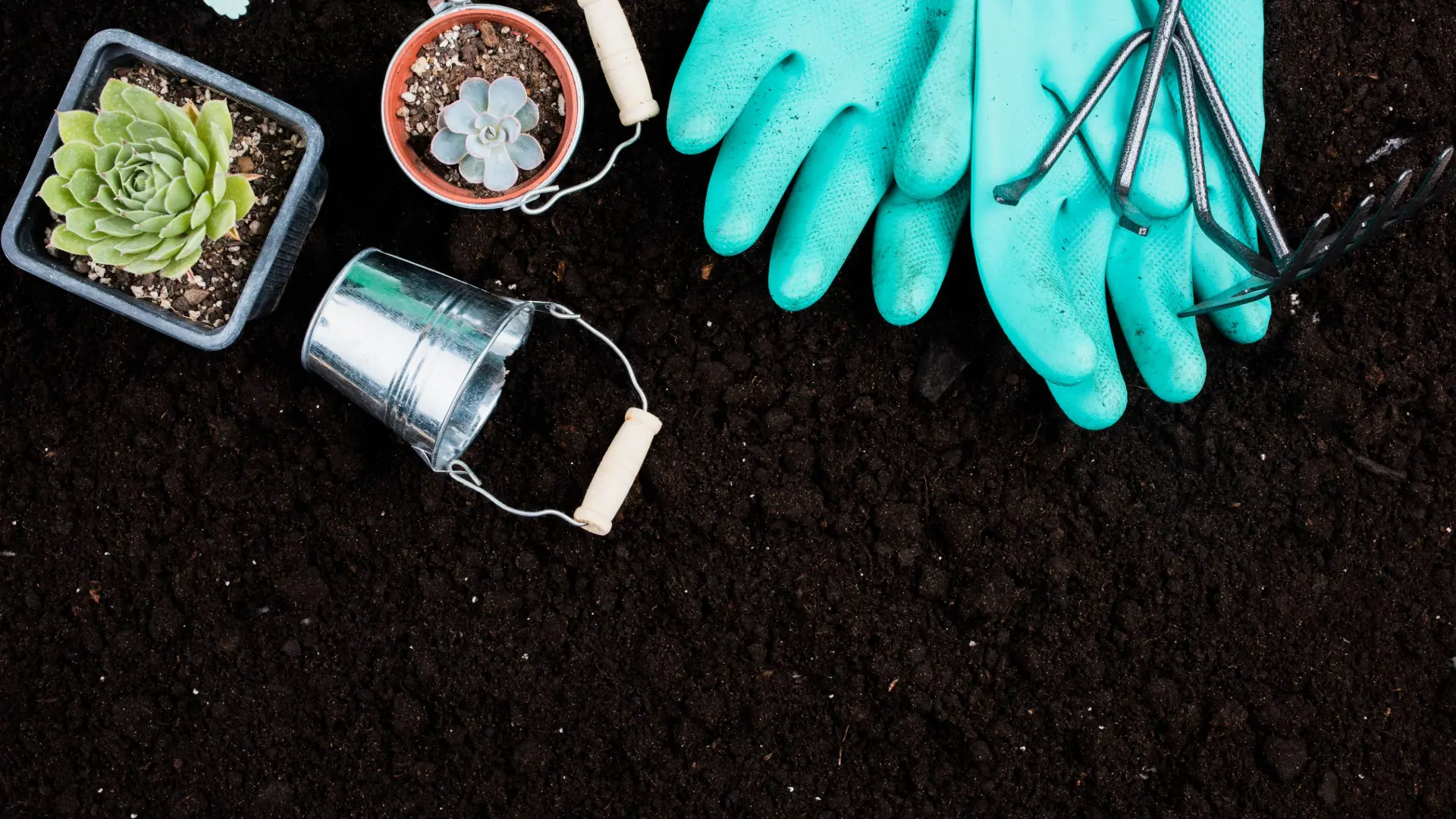
Soil Health & Fertilization
Gina Lazaarus
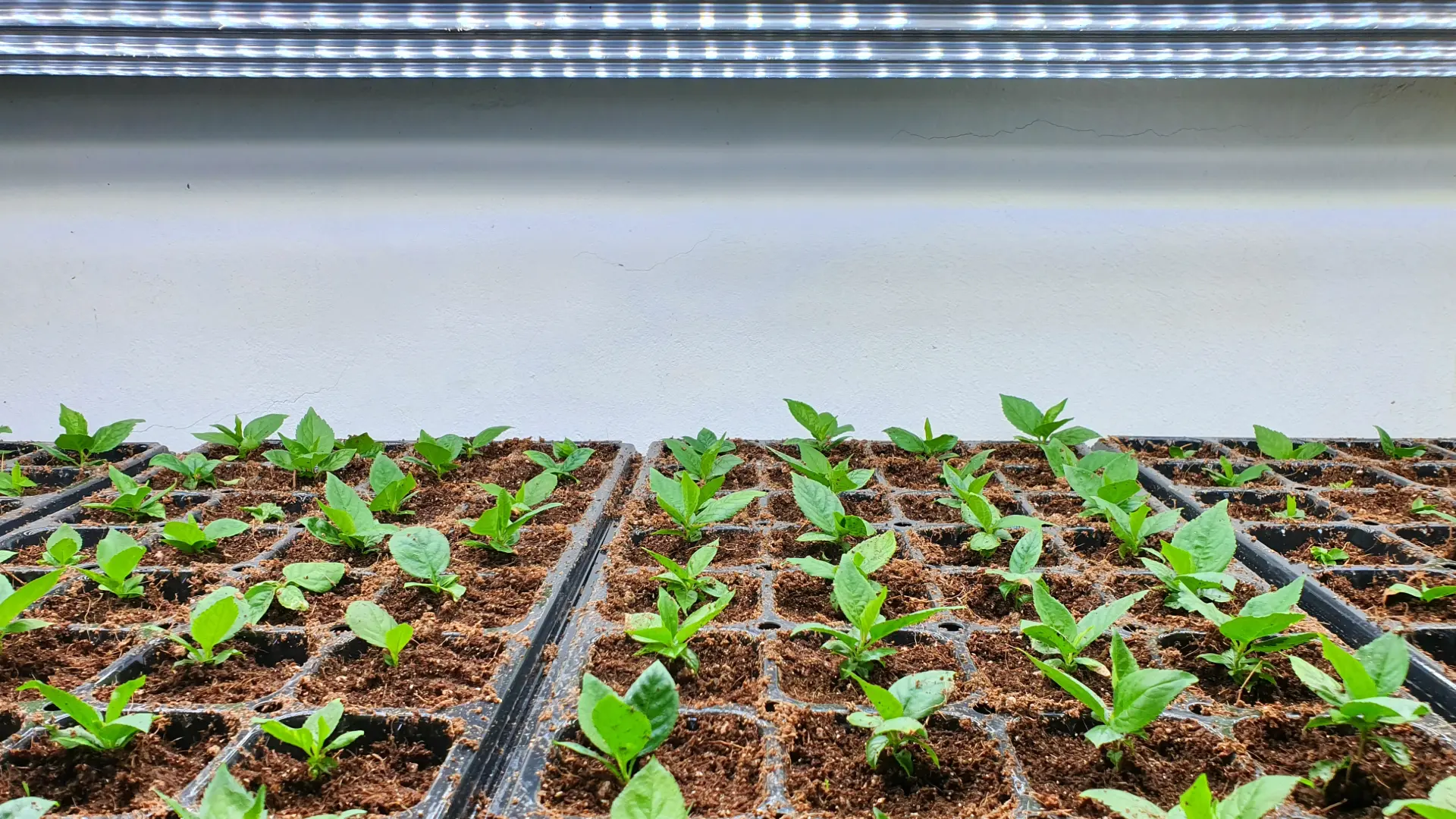
Lighting & Technique
Gina Lazaarus
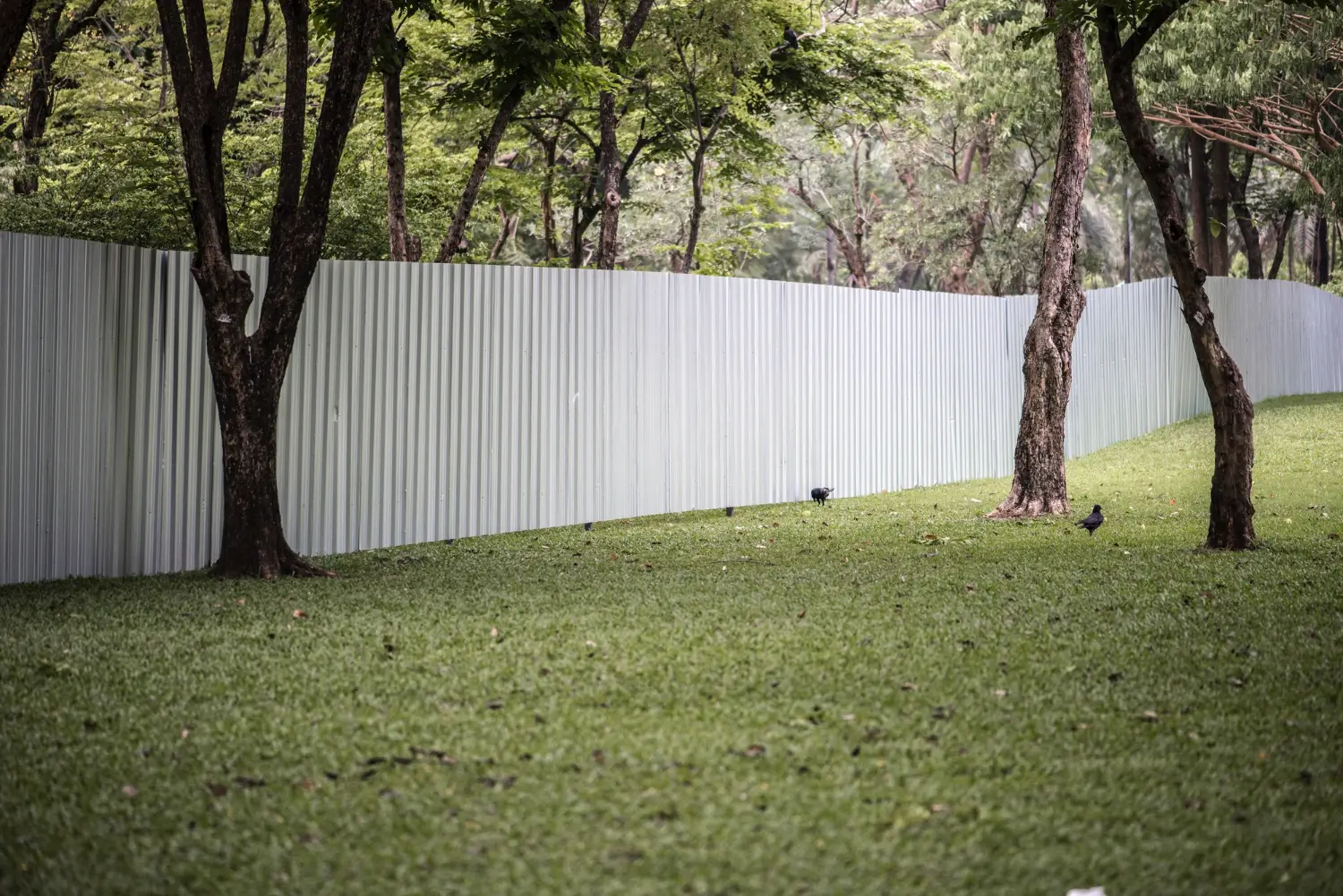
Construction Tips & Techniques
Victor Miller

Maintenance & Equipment Tips
Victor Miller

Soil Health & Fertilization
Victor Miller

Organic Gardening
Gina Lazaarus
My Account
Our team is always here to help.
We are open Monday - Friday, 9:00 AM to 4:30 PM PST.